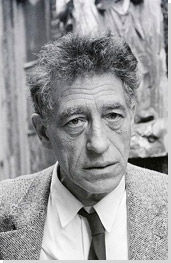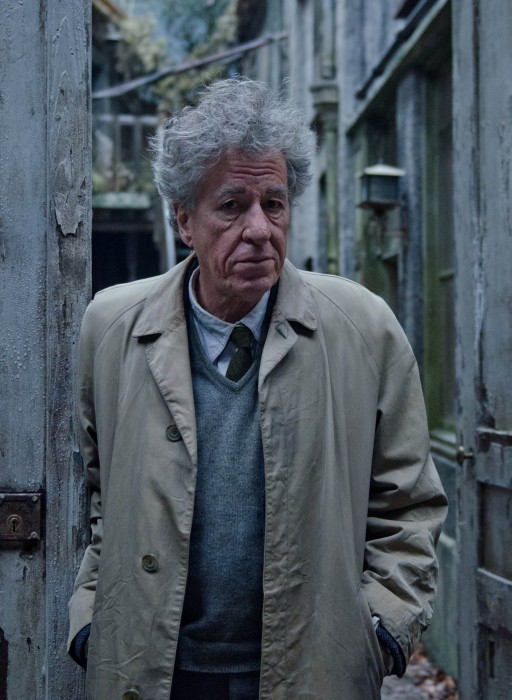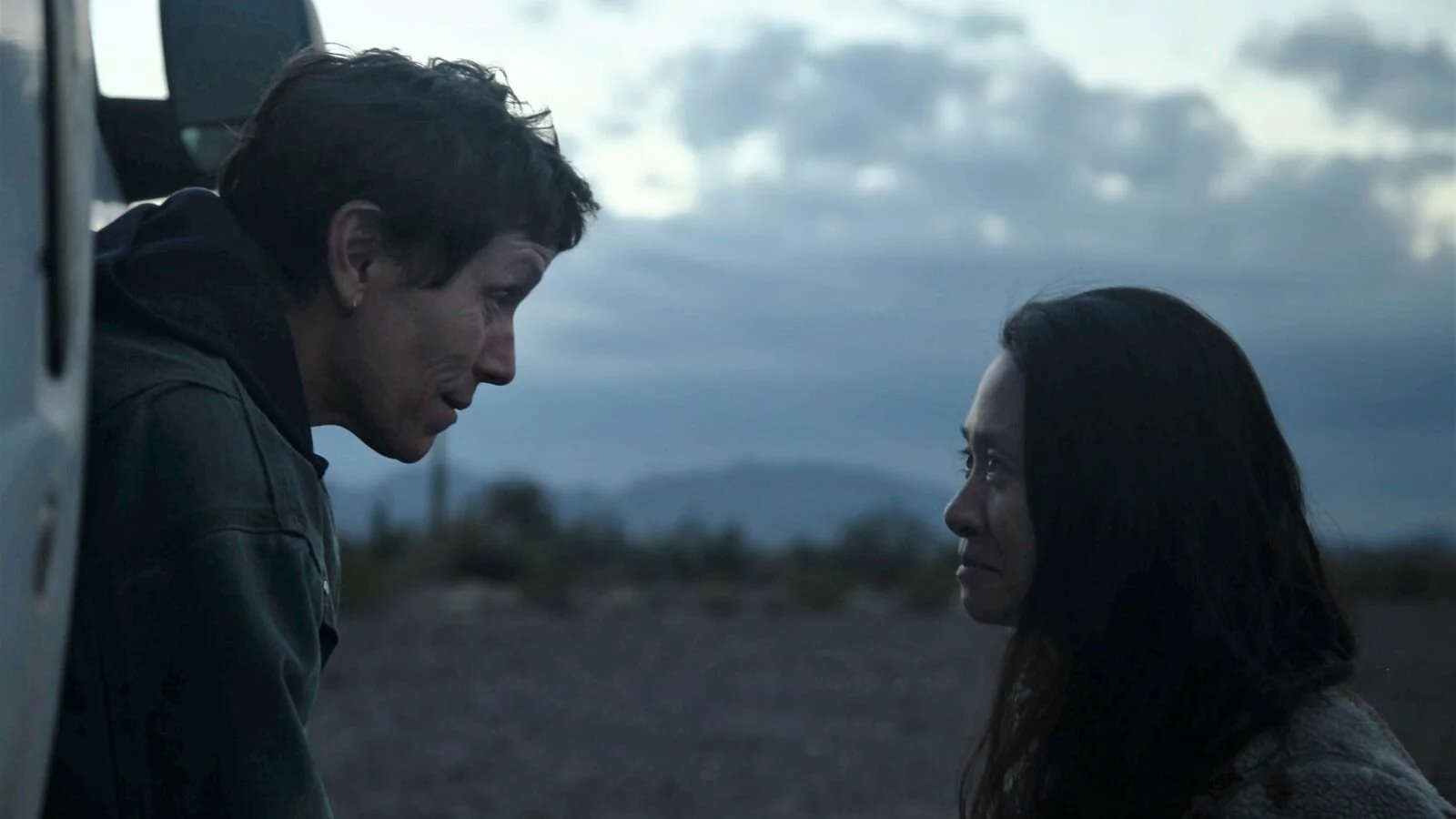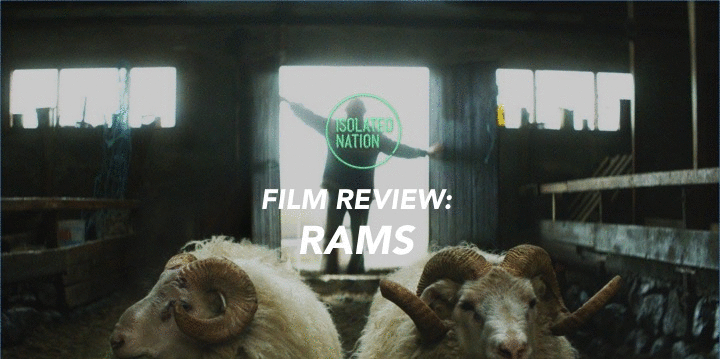Film Review: The Stanley Tucci-Directed "Final Portrait" is not the Mum-core movie you want it to be
If you have ever recommended a film, an album or even a book (if your memory goes back further enough) you know the painful eternity of waiting to hear a friends’ reaction. If you are brave enough, you might even sit down with your friend as they watch Gattaca for the first time – biting your nails and stealing furtive glances, hoping that they love it as much as you do. The funny thing about people though, is that we’re all quite individual. I would like to think that we live in a society that embraces diversity, but the feeling of watching a friend watch a movie and just knowing that they hate it. Knowing that they would genuinely rather be pulling a congealed and rattish glob of hair from their drain – that’s a bad feeling. And unfortunately, that’s how I felt when I took my Mum to see Final Portrait.
All the information I had going into Final Portrait was that it was directed by Stanley Tucci, an actor known for his silver-tongued wit, baldness, and what my mum would call ‘camp mannerisms’, and that it starred Geoffrey Rush who played an artist embarking on the final portrait of his career. Armed with this gargantuan battery of data I decided that it was the perfect Mum-core film.
I was wrong.
The film is semi-biographical, loosely based on the final years of sculptor-painter, Alberto Giacometti. It renders a lovely image of Paris in the 1960s with an almost pastel-wash colour palette that seems to mute all the shots. The setting and wardrobe is all very believable. The protagonist and Giacometti’s subject, American writer James Lord (played by Armie Hammer) is styled much like Don Draper, which ironic considering his antithetical personality. Unable to stand up for himself, Lord is drawn into Alberto’s world, agreeing to sit as the artist’s subject for an initial ‘couple of hours’ which, predictably, snowball to days and then weeks.
As always, Geoffrey Rush is stunning, completely becoming a grumbling, self-doubting and all around detestable Giacometti. I cannot help but feel that the way this character was written does paint artists in broad strokes as neurotic eccentrics with bipolar tendencies – not the most original or constructive archetype but certainly effective. Rush played such a believable grump that every time he cursed at his canvas, we felt his frustration all too keenly. Each “Merde!” and “Oh FUCK” as the brush disloyally reduced the image in his mind was mirrored by the audience with their own curses.
If I had to summarise Final Portrait in a word, it would be tedious. In many ways, this is fitting for a film about an artist creating an art. That very process is cyclic, never-ending and filled with self-deprecation and doubt. But Final Portrait goes beyond being a comment on the tedium of creation and just becomes painful to watch. Even more painful if you’re sitting next to a man who tells his partner that he’s going to “wait for it to finish outside” not even a third of the way through the film. And positively excruciating when your dear old mum tuts, sighs and mutters her way into disappointment.










